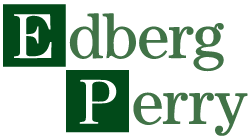Articles
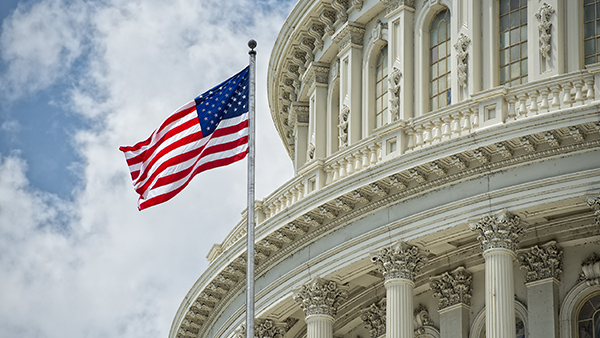
How the SECURE Act is Changing Retirement
On December 20, 2019, the Setting Every Community Up for Retirement Enhancement (SECURE) Act was signed into law.The SECURE Act represents some of the most significant changes to retirement plan law since the passage of the Pension Protection Act of 2006, over thirteen years ago. The provisions of the Act are broad ranging and span many different effective dates.Financial Help for Plan SponsorsThough tax credits have been in place to help offset the cost of adopting a new retirement plan, the…

SECURE Act
As you know, the goal of our nation’s retirement system is to create more opportunities for American workers to save and to make it easier for employers to start and maintain benefit plans. With this in mind, Congress just passed, and the President signed, the SECURE...

The Power of Re-Enrollment
Auto-enrollment and automatic contribution increases have proven to be popular and successful retirement plan design features that get more people to save for retirement. A little less known is “re-enrollment.” It’s another important tool we have to help encourage...

Why It Matters Before How It Works
Some business owners may come to you asking for information on a 401K or a cash balance plan. They may know of these from prior experience, or friendly advice, or they may have done their homework about different retirement plans. As retirement plan experts, we have...

Encourage Greater Plan Participation with a QACA Safe Harbor Plan
You already know that a 401(k) is a very popular retirement plan that allows employees to take advantage of tax deferrals on contributions and earnings while their money accumulates for retirement. To enjoy this special status, the IRS put in place non-discrimination...

Why Permitted Disparity Matters
When it comes to retirement plans, there are many ways to distribute a company’s profit sharing contribution. It may be as straightforward as a proportional, or “pro rata,” share to each eligible participant or it can be based on a formula that considers age or other...
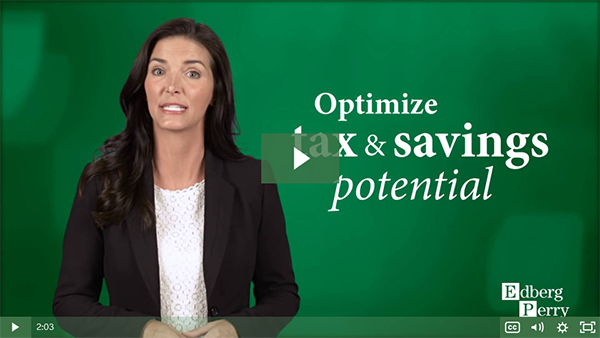
Payroll, It’s More Than a Detail
Every retirement plan design begins with a study of a company’s payroll. It’s the essential information that drives thinking around how to optimize tax and savings potential for both business owners and their employees. Once a plan is installed, we rely on payroll...
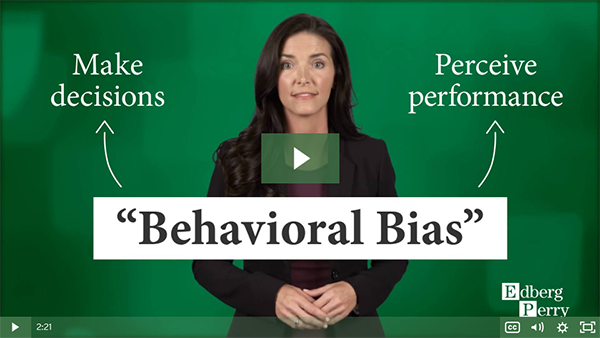
Consider Behavioral Bias in Retirement Plan Design & Communications
As an investment professional, you may already know a great deal about how behavioral bias affects how investors make decisions and how they perceive their account performance. We know, of course, that behavioral finance tells us that many people are influenced by...

Help Clients Find the 401k That’s Right for Them
You know the expression - it’s not a one-size-fits-all-world. We’re different. From the foods we eat, to the cars we drive, to the places we go on vacation. And it’s also true when it comes to 401k plans. Ask two company owners what their’s looks like and you might...

Helping participants understand RMDs
In the retirement plan business, we naturally focus on helping clients accumulate wealth. But at some point we turn our attention from accumulation to decumulation. After all, everyone will reach the age at which they no longer contribute to their accounts and begin...
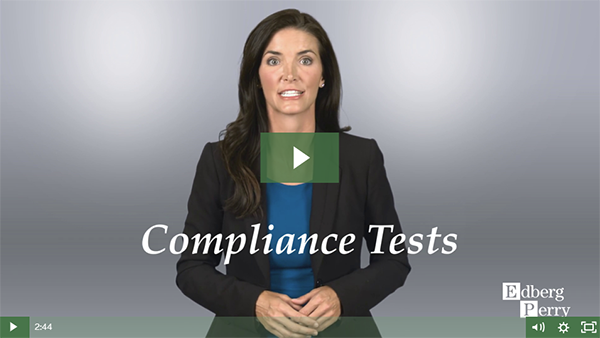
Compliance Essentials
At a glance, compliance tests assure that every retirement plan is producing a meaningful benefit to rank and file employees and that it demonstrates a level of fairness in the benefits those same employees get as compared to the benefits achieved by owners and other...

Use Benchmarking to Your Advantage
In some ways you can divide clients into two groups - those who are primarily motivated by lowest cost and those who seek value. That doesn’t necessarily align nicely with retirement plan benchmarking since it’s much easier to compare and report things that are more...
